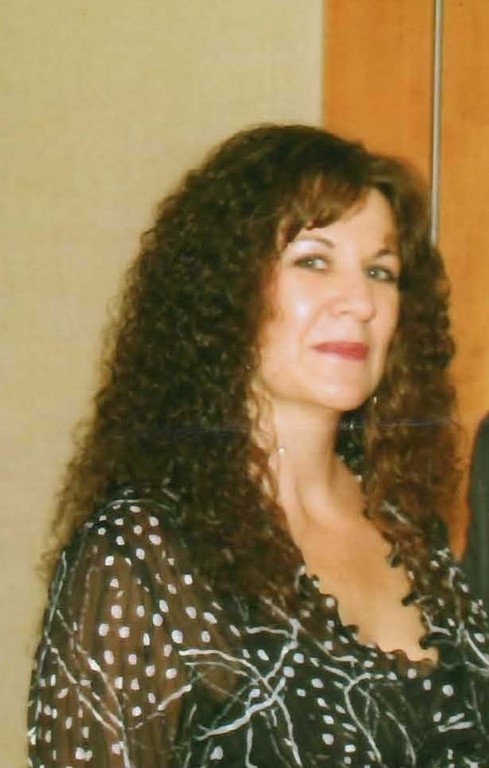Seeking to get homeless veterans on their feet
New advocacy group looks to open housing facilities
With thousands of homeless veterans populating Long Island, the Plainview-based New York Veterans Advocacy Group seeks to be the go-to organization and a strong advocate for them.
The New York Veterans Advocacy Group assists veterans in almost all aspects of their lives such as social security, mental health, schooling, funeral arrangements, housing, as well as child support and custody cases.
Leann Murphy-Baker, who acquired her credentials from the Department of Veterans Affairs Office of General Council, represents veterans for benefits and claims from the U.S. Department of Veterans Affairs. If the veteran were denied a claim for compensation or pension benefits, she would represent them before the Board of Appeals. “We work to help them get on their feet,” Murphy-Baker said.
Based on her own research and from the Department of Veterans Affairs August 2010 yearly report, there are approximately 71,559 veterans in Nassau County. “There is an estimated 6,000 homeless veterans in Nassau County but in my opinion the number is closer to 20,000 for Nassau and Suffolk,” Murphy-Baker said, “simply because some veterans who are homeless have yet to apply for assistance from government programs.”
As the need for veteran housing rises, the New York Veterans Advocacy Group is currently awaiting approval from government agencies to open two buildings, at undisclosed locations, that would house 50 veterans in one facility and 60 in the other. “When we open our doors, the veterans that have income will pay a third of their income for rent,” Murphy-Baker said. “The money will go towards running the facility, food and staff. We want to create jobs.”
According to Murphy-Baker, the Department of Veterans Affairs program will house veterans only if they have a substance abuse problem. “That’s a flaw in the Veterans Affairs system,” she said. “There are a lot of veterans without substance abuse problems and they live in abandoned houses, in the woods or with friends or relatives.” It include comprehensive, transitional housing with physical health care, a medically managed evaluation program and psychiatric help.






